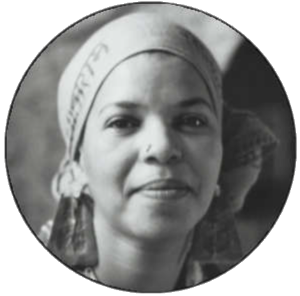 Ntozake Shange, a trailblazing African American playwright, poet, and novelist, holds immense historical and cultural significance in the realms of literature, feminism, and social activism. Through her groundbreaking work, she challenged conventional artistic norms and amplified the voices of Black women in America.
Ntozake Shange, a trailblazing African American playwright, poet, and novelist, holds immense historical and cultural significance in the realms of literature, feminism, and social activism. Through her groundbreaking work, she challenged conventional artistic norms and amplified the voices of Black women in America.
Born Paulette Williams, Shange took her African name, which means “she who comes with her own things” and she “who walks like a lion,” in the mid-Seventies. She left an extensive body of work, including 15 plays, 20 poetry collections, seven novels, five children’s books, three collections of essays, and two works published posthumously, including a volume of her unpublished works.
Shange revolutionized theater with her seminal work, for colored girls who have considered suicide / when the rainbow is enuf. Opening on Broadway in September 1976, the ‘choreopoem’, as Shange identified it, became the longest running Broadway play authored by an African American playwright and the choreopoem, as an art form, found a home in American theater. This powerful work interwove poetry, music, dance, and drama, offering an unapologetic portrayal of the struggles and triumphs of Black women. It brought to light the unique intersectionality of race, gender, and identity, resonating with audiences and paving the way for a new wave of feminist artistry.
Shange’s dedication to incorporating African and diasporic cultural elements into her work amplified the voices of marginalized communities. Her writings – in the vernacular of street culture and often incorporating Spanish or dialects of the diaspora – celebrated the resilience, beauty, and strength of Black culture wherever found, challenging stereotypes and fostering a sense of pride and unity.
Ntozake Shange’s legacy continues to inspire and empower artists, activists, and readers. Her unflinching exploration of the African American experience, coupled with her commitment to intersectional feminism and cultural representation, has left an indelible mark on literature and society.
Shange taught at numerous universities throughout her career and was the recipient of many honors and awards including fellowships from the Guggenheim Foundation, the Lila Wallace-Reader’s Digest Fund, and a Pushcart Prize. Her work remains a fountain of inspiration, encouraging frank dialogue and action in the pursuit of a more inclusive and equitable world. Shange’s literary archives are housed at her alma mater, Barnard College in New York City.
